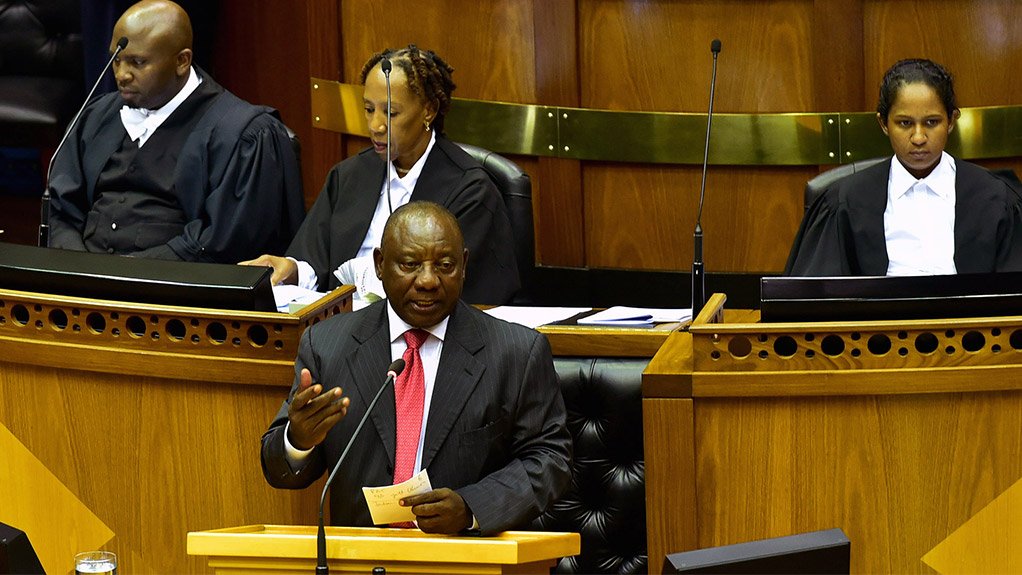Former president Jacob Zuma will pay his legal fees from his own pocket if the courts rule he had acted in his personal capacity, President Cyril Ramaphosa has told Parliament.
Ramaphosa confirmed in the National Assembly on Wednesday that the State has paid a total of R15.3-million for Zuma's personal legal fees since 2006.
Of that, R7.5-million was spent on the period, from 2006 until the withdrawal of corruption charges against him in 2009. Since 2009, an additional R7.8-million was spent.
The basis of the legal aid was an agreement reached by Zuma and the Presidency in 2006 under then president Thabo Mbeki, on advice from the State Attorney's office and the Department of Justice.
"The former president signed an undertaking to refund the State if he was found to have acted in his personal capacity and own interests in the commission of offences of which he was charged," Ramaphosa said during his maiden question session to the House.
"This administration is guided by the fundamental principle that State money should not be used to cover the legal fees of individuals on strictly personal matters and are found to have committed criminal offences," he said.
Malema not happy with response
But this was not enough for Economic Freedom Fighters (EFF) leader Julius Malema, who had asked the original question. The figure, including the Nkandla saga and others, was probably closer to R64-million, he claimed.
"I am not aware of that amount," Ramaphosa answered.
"We are using the agreement struck before former president Zuma and the government, on the understanding that the money will be paid back if he has been found to be personally responsible for these acts."
"He must pay it back!" shouted a few Democratic Alliance MPs.
Ramaphosa continued. There was also an argument that Zuma, while not president of the country, was still a government employee at the time of the conduct, and the charges relate to his work in government.
If the court makes a different assessment, it will be up to the courts, and they would wait for the outcome.
"Right now, because the agreement is still in place, there is simply no way we can say in violation of agreement that was reached, he must pay the cost."
Malema and EFF chief whip Floyd Shivambu also wanted to know what law or legal basis the State relied on in forming the agreement.
"I will need to check that more closely," Ramaphosa admitted.
Malema again was not happy.
"I have written a question to him two weeks ago, and he says he must get back to me. What is the point of writing a question?"
Ramaphosa admitted he thought he had answered the question as was written.
"Clearly you are not happy, and I undertake to get the information for you," Ramaphosa said, placating the increasingly boisterous Malema.
"Now that is being presidential," a smiling Malema remarked before sitting.
"Date and time!" yelled Shivambu.
Ramaphosa promised that the agreement, signed by Zuma in 2006, will also be made available in the court proceedings, and that they would keep an eye on the case.
"Pass it along," chirped Democratic Alliance chief whip John Steenhuisen.
EMAIL THIS ARTICLE SAVE THIS ARTICLE
To subscribe email subscriptions@creamermedia.co.za or click here
To advertise email advertising@creamermedia.co.za or click here











